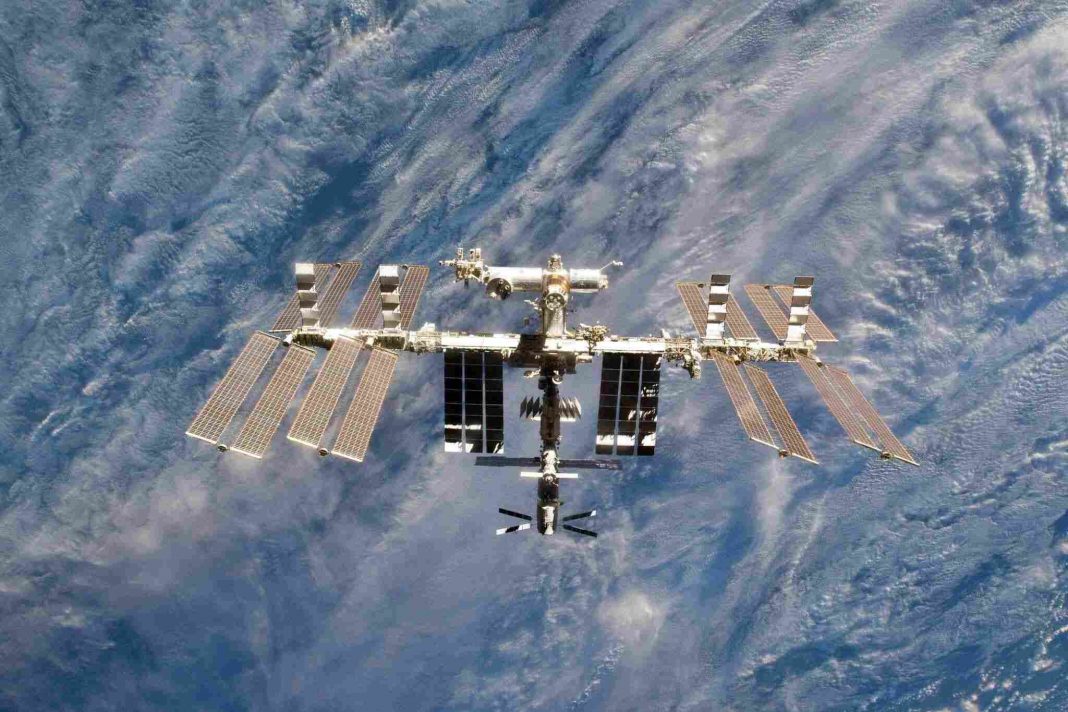On Monday, Russia conducted an anti-satellite missile test, in which it destroyed one of its own satellites in orbit, demonstrating the capability of the country. The test generated a massive cloud of debris that is still orbiting the Earth. Some of the trash came perilously near to the International Space Station, requiring crew to seek refuge for many hours in a pair of spacecraft capable of returning them to Earth.
In a statement issued on Monday, Secretary of State Antony J. Blinken called the missile attack as “recklessly executed.”
“Over 1,500 pieces of trackable orbital debris have been formed so far as a result of the test, and it is expected to generate hundreds of thousands of pieces of smaller orbital junk,” he said. According to a statement from the United States Space Command, the “debris will linger in orbit for years, and maybe for decades,” presenting a severe danger to the crew of the International Space Station and other human spaceflight operations.
Military authorities in Russia did not respond to requests for comment on the weapon test when reached for comment. However, it took place at a time when military tensions between Russia and the United States were rising significantly. The State Department said on Wednesday that Russia was increasing the number of soldiers stationed along the border with Ukraine. aggressive moves on the border “would be of considerable worry to the United States,” according to Mr. Blinken.
NASA and Roscosmos, which work together to administer the International Space Station and safeguard the astronauts on board, have been mostly shielded from the military tensions between the United States and Russia. However, after Monday’s weapon test, tensions between the two geopolitical realms erupted.
Mr. Nelson said that he had “reason to believe” that officials from Russia’s space agency, Roscosmos, were not aware that the country’s Ministry of Defense was intending to fire an anti-satellite missile.
Russian officials issued airspace advisories on Monday, advising pilots to avoid the Plesetsk launch facility, which is located some 650 miles north of the Russian capital. It is the same site from which a Russian anti-satellite missile was launched in a previous test in December 2020, however that missile did not impact any targets. Indications from the alerts received on Monday suggested that a launch would take place early Monday morning, at the same time that an old Russian spy satellite was scheduled to pass over the region.
About the same moment, astronauts aboard the International Space Station were rudely woken by a mission control officer in Houston, who directed them to seek refuge in their ship.
At the ceremony on Monday, astronauts locked several doors between compartments on the station and boarded spacecraft docked with the orbiting outpost that might transport them to Earth if an accident occurred. SpaceX’s Crew Dragon capsule and Russia’s Soyuz capsule are the only two spacecraft presently capable of entering Earth’s atmosphere and delivering crew members to the surface of the planet.
The astronauts were in their spacecraft for almost two hours, from soon before 2 a.m. until around 4 a.m. Soon after news of the test began to circulate, Roscosmos said that the space station was “in the green zone” and secure from what it characterised as “the item. It was rejected to elaborate and the matter was sent to the Russian Ministry of Defense.
Anti-satellite experiments generate clouds of debris that may linger in orbit for years or even decades at a time. As a result of Russia’s assault on Monday, the greatest new field of space trash has been generated since 2007, when China fired a missile at one of its ageing weather satellites, causing it to explode. Approximately 2,300 pieces of debris were generated as a result of the weapon test.
Military authorities in the United States have strengthened their presence in space in recent years as rivalry in low-Earth orbit between Washington, Russia, and China intensifies. This has included the creation of the United States Space Force as a distinct branch of the armed services. The Pentagon has long condemned Russia’s space actions, which have included manoeuvring satellites too near to U.S. surveillance satellites and launching satellites that hatch smaller, manoeuvrable spacecraft without prior notice. Russia has denied the allegations.
Some of the astronauts onboard the International Space Station seemed to be unfazed by the events of the day. The crews of the space shuttle Vande Hei hailed NASA’s mission control in Houston for a “crazy but well-coordinated day” after they were released from their lifeboats. Mr. Vande Hei has been in orbit since April.

